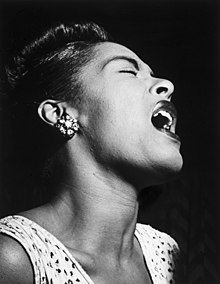
At
ModPo this week, we're onto the Language Poets. It's still early days in my readings and was hard for me to choose who to feature here, because this work doesn't always come easily - it takes time to absorb, and one week just isn't enough (but it's a delicious taste - a tasting platter). Our first two poets are
Ron Silliman and
Lyn Hejinian, both of whom I've now spent some time with and have been enjoying hugely. There are similiarities between Silliman and Hejinian's "autobiographical" poetry, though neither lends itself to ready reproduction. I liked "Albany" so much that I rushed straight out (well, clicked on a URL link straight to Amazon since there isn't a bookstore within 500 miles of here that carries the book) and bought myself a copy of
The Alphabet, which I intend to take my time over.

Hejinian's "My Life" is a beautiful full length work with recollections that do justice to the disorder and sensual coding and ongoing creation that is drawn from and turns into memory. I'm afraid I'll have to get that one as well because four sections is not going to be enough. I can see that ModPo is going to be far from over for me when the 10 weeks are up. We're also working on Bob Perelman's "Chronic Meanings", and a bit more on Dickinson too as we explore Susan Howe's
My Emily Dickinson, but today, I've skipped forward a bit to Charles Bernstein's "In a Restless World Like This Is". This is a short poem, the full text of which can be found here:
http://www.poetryfoundation.org/poem/242798. Following is only the briefest of excerpts - the last few lines:
As far as you go
In one direction, all the further you’ll
Have to go on before the way back has
Become totally indivisible.
I picked it because it's relatively straightforward, but still incredibly powerful in the way in which it drives us around (the corner) on a fractured, noisy road to nowhere (the restless world we live in) where nothing is fixed and everything is circular. In a
PoemTrain discussion about the poem, Eli Goldblatt calls this a post-9/11 poem about how difficult it is to find words; to get back to a place where we can make sense. To me, Life itself seems to be the subject - the "the hocus pocus/Of the dissolving days" full of entropy, where, despite our illusion of memory, or of coming at life from "all three sides at once" (past, present, future perhaps) there's
no direction home.
 Quick update: we made it to 100%! 10 students educated! Thanks everyone who helped out.
Quick update: we made it to 100%! 10 students educated! Thanks everyone who helped out. 







